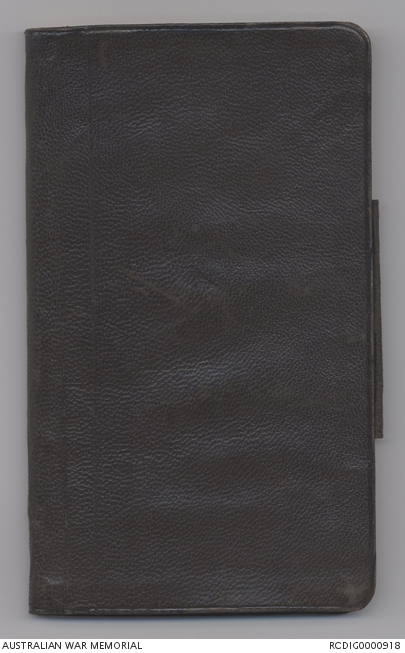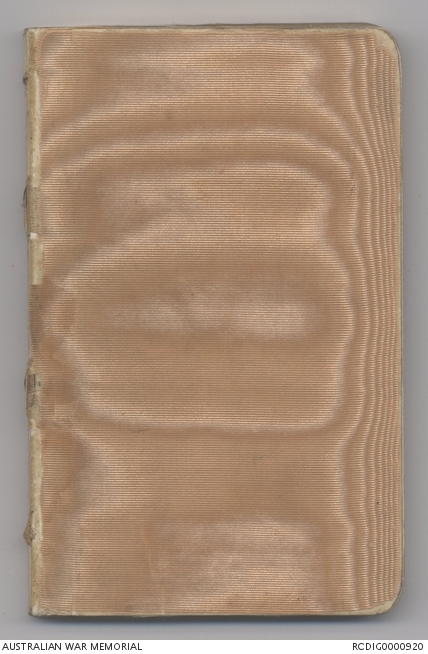| Ranks Held | Captain, Lieutenant |
|---|---|
| Birth Date | 23/02/1885 |
| Birth Place | Australia: Victoria, Geelong |
| Death Date | 1970 |
| Death Place | Australia: Victoria, Highton |
| Final Rank | Captain |
| Service | Australian Imperial Force |
| Units |
|
| Places | |
| Conflict/Operation | First World War, 1914-1918 |
Captain Alexander Jackson Cunningham
Alexander Jackson Cunningham was born at Geelong, Victoria, on 23 February 1885. He was educated at Geelong Grammar School in Victoria and Eastbourne College in England. Before the First World War broke out he was a member of the army cadets and trained as a mechanical engineer. He enlisted at 29 with the Australian Imperial Force on 11 September 1914, and departed Melbourne with the 1st Divisional Train of the Army Service Corps aboard HMAT Orvieto on 21 October 1914.
The following year Cunningham was deployed to Gallipoli, where his engineering skills would be put to use designing and constructing trenches and fortifications. It was here that he started producing detailed plans of fortifications such as Leane's Trench and recording his experiences in his diary. After his evacuation from Gallipoli he was transferred to the 2nd Field Company Engineers of the 1st Infantry Division. Cunningham was then deployed to the Western Front, where he continued to diarise meticulous technical diagrams, sketches, and notebooks of the fortifications he and his unit constructed. As an engineer of the 1st Division he would see a significant amount of action throughout 1916 and 1917. He was involved in various capacities at the battles of Pozières, Lagnicourt, Passchendaele, Menin Road Ridge, Polygon Wood, and Broodseinde Ridge. In April 1917 Cunningham was promoted to captain and the next month was transferred to the 1st Division Engineers HQ, where he became adjutant. He was later awarded the Military Cross for his service in France and Belgium.
In January 1918, in response to requests from his brother Andrew back home, Cunningham applied for six months of personal leave to return to Australia. His mother was of ill health and there was a need to sort out family business and financial matters. Since the war began Cunningham's father had died and his brother Trevor had been killed at Pozières. He embarked for Australia in March but, sadly, Cunningham's mother died in November that year and his brother Andrew passed away three years later. Alexander Cunningham died at Highton, Victoria, in 1970.




